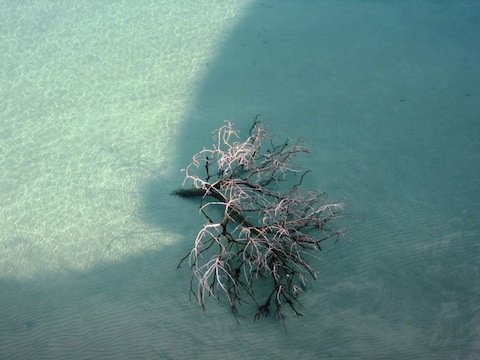
Climate change might cause an intensification of water cycle, that is important variations of precipitation patterns, intensity and extremes, soil moisture and runoff, atmospheric water vapour etc. A CMCC’s research paper by ISC division (Impacts on Soil and Coast) illustrate the work package 6.2.17 “Analysis of geological risk related to climate change”, an integrated system for the qualitative and quantitative assessment of the hydrogeological risks due to climate change. The main goals of the numerical models and tools constituting the work package 6.2.17 are the analysis of landslides, floods and droughts risks related to climate change conditions on the Mediterranean area. According to other studies, in fact, in this region annual mean temperatures will rise more than the global average and the warming is likely to be largest in summer. Moreover, in the Mediterranean area the majority of the models foresee summers characterised by an increase, in frequency, of extreme daily precipitation despite a decrease in average precipitation. Thus this tendency can lead to longer dry periods, increasing the risks of droughts, interrupted by extreme intense precipitation, enhancing the risk of floods.
The CMCC’s integrated system combines, in appropriate way, high-resolution regional climate scenarios, impact models and statistical downscaling techniques.
Read the full research paper:
Architectures and Tools to Analyse the Impact of Climate Change on Hydrogeological Risk on Mediterranean Area – A. L. Zollo, P. Mercogliano et al. – ISC division – March 2012.
Photo by Loredana Cocola De Matteis.


